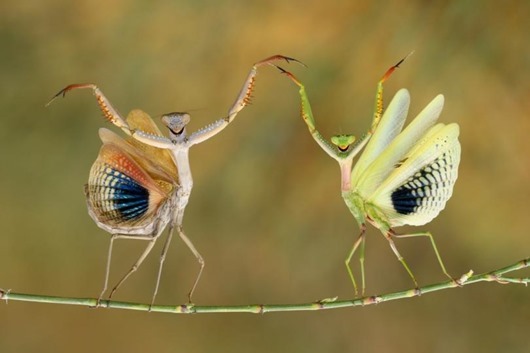What has destroyed every previous civilization has been the tendency to the unequal distribution of wealth and power.
— Henry George, born in 1839
You wake up.
You're still a lizard sunning yourself on a rock. It was all a dream.
The concept of "state premiers" and "lockdown discourse" is already losing its meaning as you open and lick your own eyeballs to moisten them.Time to go eat a bug.
Copyright LM 2021
Judge Sentences Right-Wing Extremist To Read Classics Cold Rivers . . .
Cold River Realities: No one will read your book (and other truths about publishing)
In her short life before she died of terminal lupus, Flannery O’Connor wrote two novels and roughly two dozen short stories that continue to shock and unsettle us. With a wicked pen, she gleefully maims and kills off her characters in a million disturbing ways: they get drowned, hanged, run over by cars (twice in a row), wrapped in barbed wire and beaten to death. Her characters are prostitutes, pedophiles, arsonists, murderers, nihilists, and (worst of all for O’Connor), salesmen.
As an adult, she remembered herself as a kafkaesque "pigeon-toed child with a receding chin and a you-leave-me-alone-or-I'll-bite-you complex".
Miscellaneous Musings: Reading her requires a stout heart and a strong stomach.
Books compete in a crowded market for a sliver of our attention. “One of the biggest ironies about this business is that there are lots of people who want to become authors, but that doesn’t necessarily equate with the number of people who are voracious readers,” says Rachel Deahl, news director at Publishers Weekly. “There is a disconnect. Not enough people read enough books.”
Again, Deahl: “People tend to buy the books that are already really popular. They look at the bestseller list to see what they want to buy and that reinforces this tiny amount of books at the top. It’s a very top-heavy system. The tricky thing in publishing is success begets success. But it’s really hard to create that spark.”
via the newsletter of Dianne Jacob, author of "Will Write for Food"
Previously in the "hard truths about publishing" genre: "Who will buy your book?"
And of course, when you've got this book death clock, well, you've got to exclude, exclude, exclude. The book that is only moderately interesting and the book that is, eg, All About Lacan are equally excludable because you're always trying to hit the sweet spot of intellectual growth-plus-grippingness.
I'm reading Love's Next Meeting: The Forgotten History of Homosexuality and the Left in American Culture and I have to tell you it really hits that "very readable and also very informative" mark.
posted by Frowner at 10:04 AM on September 1 [21 favorites]
Welp, wish i hadn't read this
posted by ominous_paws at 10:37 AM on September 1 [27 favorites]
There are other reasons to write and even to get an MFA, but I find the growth in MFA programs really disturbing, especially considering that most people who put up the $50,000 or so aren't going to be able to make a living as teachers, let alone writers. (That's not meant to be disparaging toward teachers - I just don't think that's the real goal of people going into MFA programs.)
posted by FencingGal at 10:41 AM on September 1 [35 favorites]
The obvious word that nobody in the article seems willing to use is dishonest. The simple fact that the activities of Roth and any number of editors and critics involved in these quid pro quos remained, for all intents and purposes, a closely kept secret until now, suggests that they all knew better. Why hide (or demurely fail to mention) something that one needn’t be ashamed of?
This Crazy Feeling of Infinity
When the Arlee Warriors cleared an astonishing path to the state basketball championship, they brought healing to the community.

Animals captured at their funniest in the Comedy Wildlife Photo Awards 2021
Dolphins Alert Rescue Crew To Save a Lost Swimmer Who Was Stranded at Sea for 12 HoursMyModernMet
Going up: Birds and mammals evolve faster if their home is rising Phys.org

posted by COBRA! at 9:47 AM on September 1 [1 favorite]